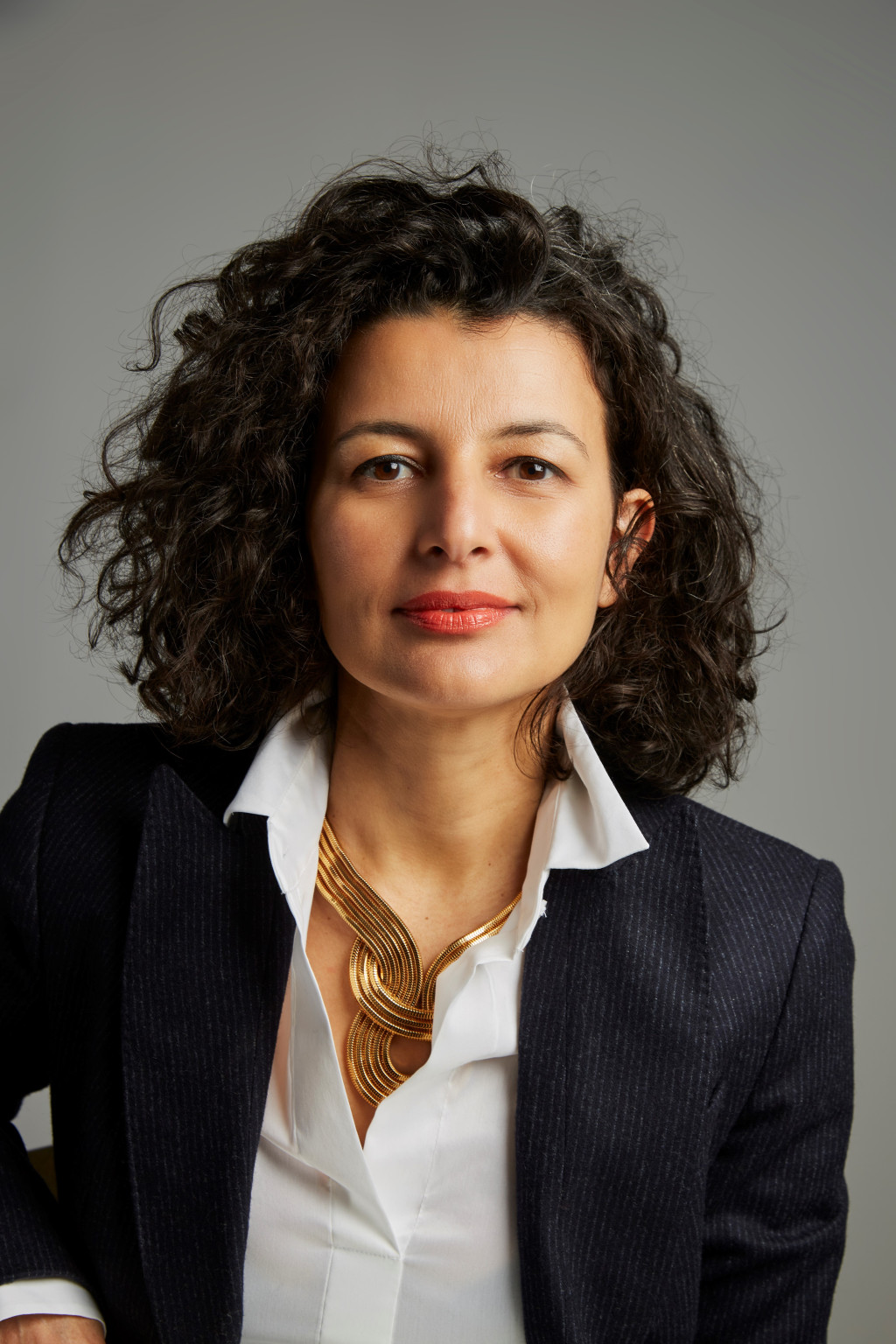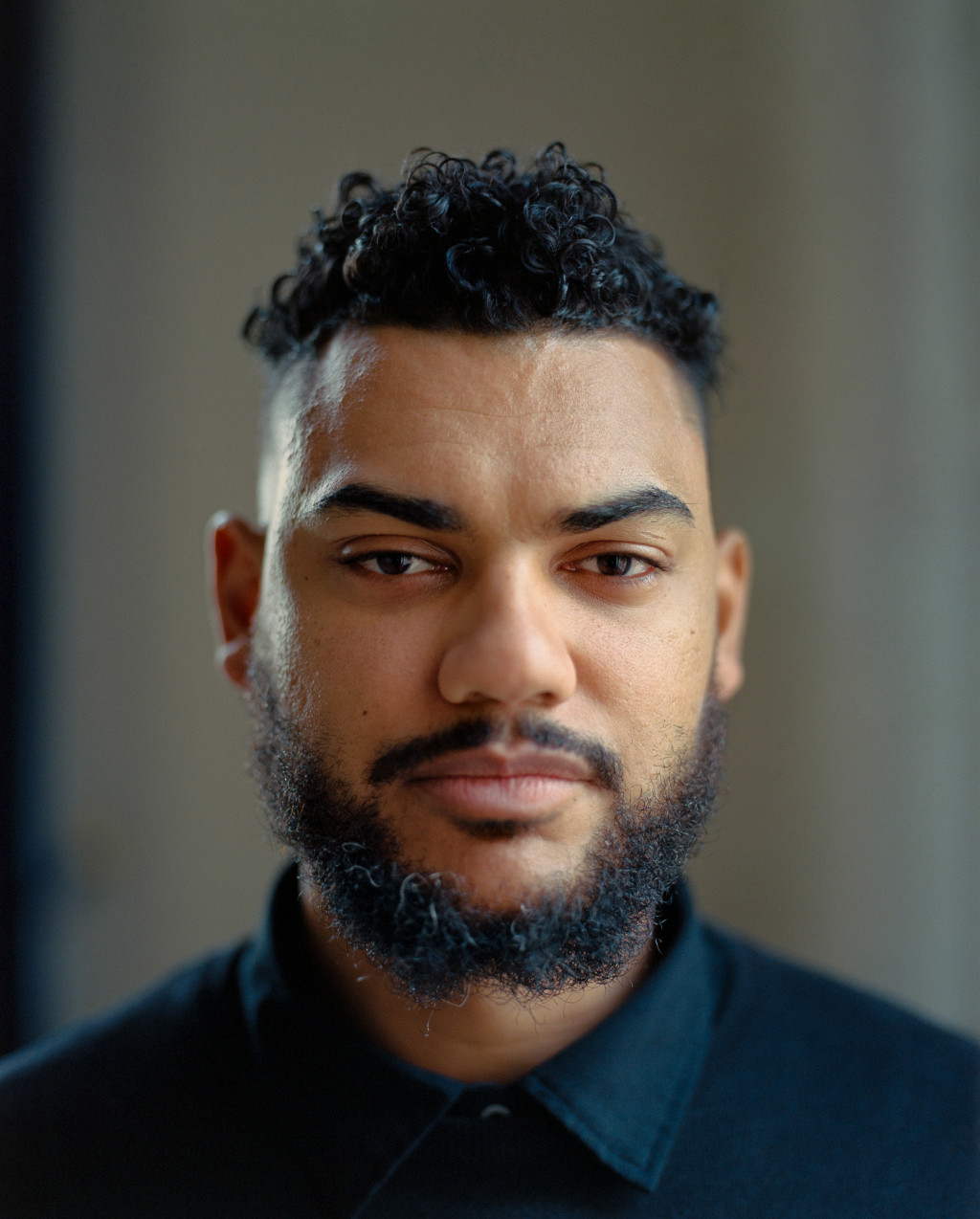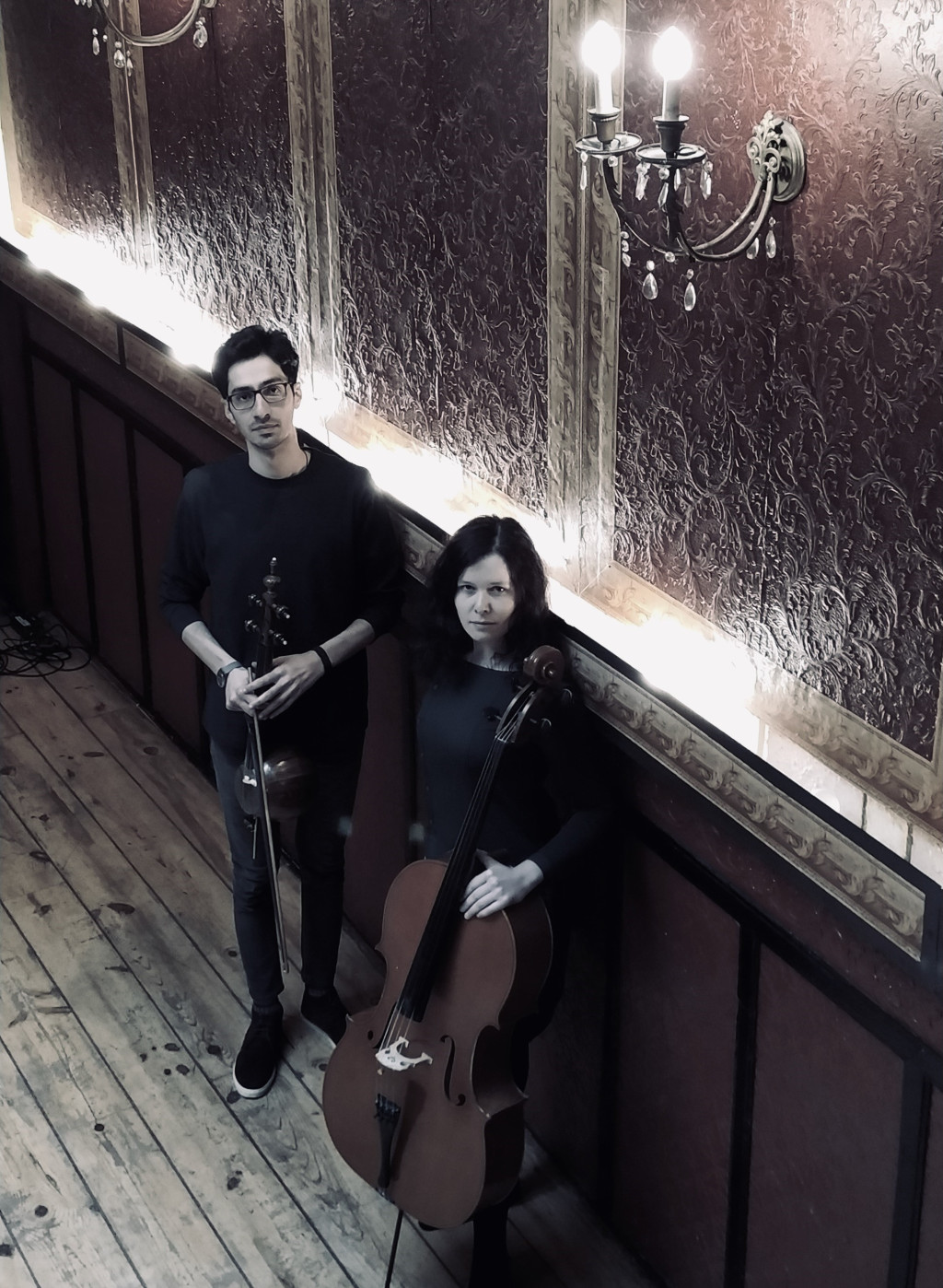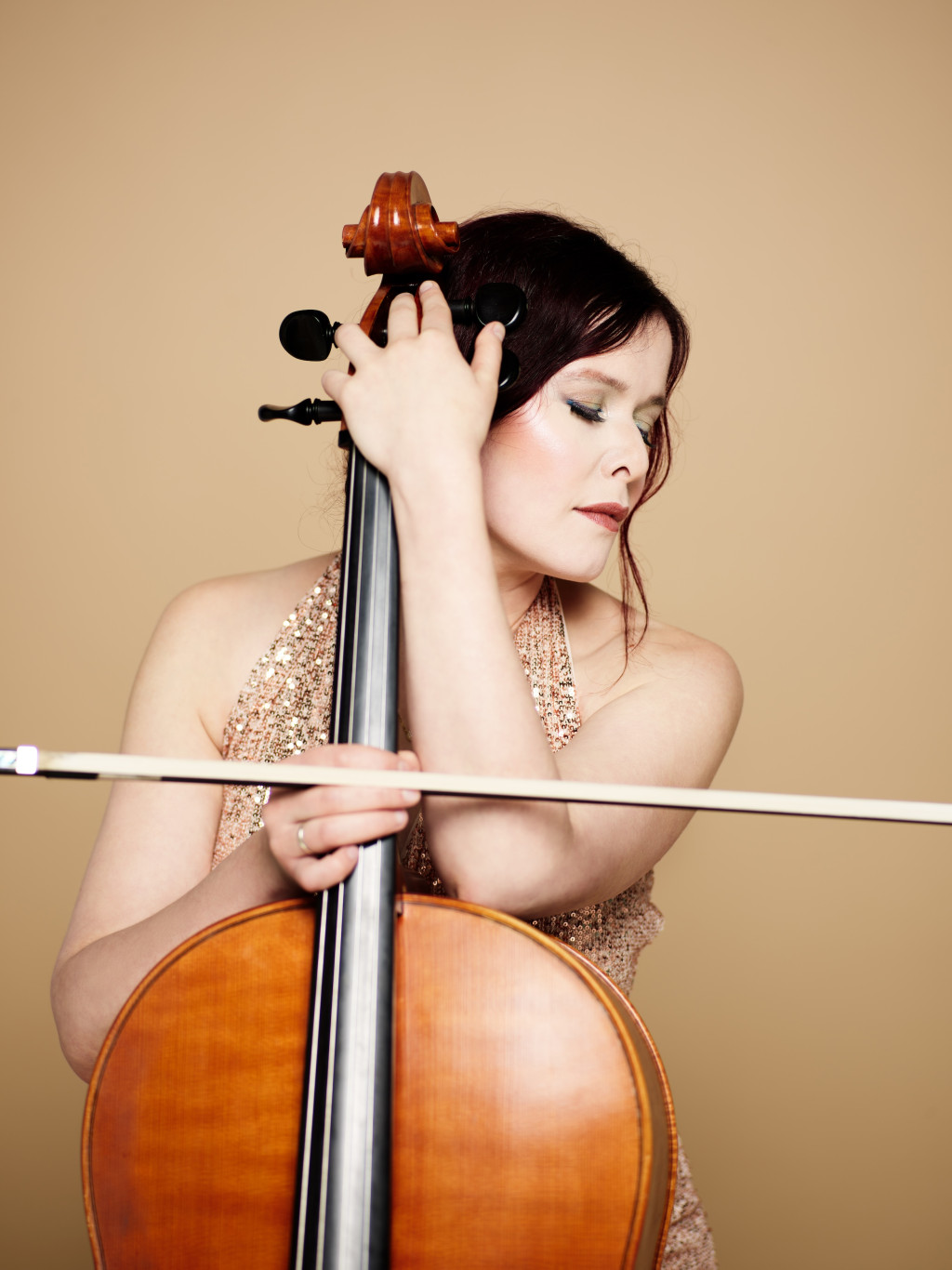In Context
The Museum is (A)Political!
Events — Nov 9, 2024
While museums seek to be spaces for interaction and social debate, the gap between art and activism is often enormous. Museums are not neutral, but how open is the museum about the choices it makes concerning what and how it voices an opinion about? How can a museum take a stance yet at the same time serve as a platform for multiple perspectives? And is solidarity a zero-sum game?
- Price
- Museumticket + 3 EU
If the ticket price prevents you from being able to take part in the program, please contact publicprogram@stedelijk.nl for a spot on the guest list. Please note: contact us through e-mail before November 7. - Location
- Auditorium
- Time
- Nov 9, 2024, 3 pm until 5 pm
- Main language
- English
- Admission
- Book ticket
‘If museums don’t demand a ceasefire, they have blood on their hands.’ This declaration was made by an action group that threw red paint at the Stedelijk and other museums during the 2023 edition of Museum Night.
Over the last few years, museums have increasingly defined themselves as places that serve their audiences, and society as a whole. Museums strive to be accessible, diverse, sustainable and, in many cases, socially engaged. One consequence of this more public role is that museums are often asked to speak out on social and political issues. Has the museum now become both a public and political arena?
While museums seek to be spaces for interaction and social debate, the gap between art and activism is often enormous. Museums are not neutral, but how open is the museum about the choices it makes concerning what and how it voices an opinion about? How can a museum take a stance yet at the same time serve as a platform for multiple perspectives? And is solidarity a zero-sum game?
Lecture by Fatoş Üstek, followed by a conversation with Rein Wolfs and Richard Kofi. With a live performance by Maya Fridman and Soheil Shayesteh.

Biographies
FATOŞ ÜSTEK
Fatoş Üstek is an independent curator and writer, working internationally. She is the author of The Art Institution of Tomorrow, Reinventing the Model (2024), Co-founder and Managing Director of non-profit community interest company FRANK Fair Artist Pay, and Curator of Frieze Sculpture (2023 & 2024) in London, Curator of Cascading Principles Expansions within Geometry, Philosophy and Interference at the Mathematical Institute, Oxford University (2022-2025). Alongside leading international projects, she holds governance roles in arts organizations: in the UK (Chair, New Contemporaries), Netherlands (editorial advisory, Extra Extra Magazine), and Germany (advisory board, Urbane Kuenste Ruhr). Üstek is a member of the International Association of Art Critics AICA UK, ICI, IKT and founding member of AWITA (Association of Women in the Arts).
She was previously Director of the Liverpool Biennial, Director of the Roberts Institute of Art, Curator of Art Night, London (2017), Curator of fig-2 50 exhibitions 50 weeks, ICA London (2015) and Associate Curator of the 10th Gwangju Biennial, South Korea (2014).
She has commissioned a number of projects in the public realm in the UK and in Turkey. Üstek has also taken on multiple jury roles for international art prizes and biennales, including Turner Prize 2020, the Scottish Pavilion 2022 and the Dutch pavilion in 2022 and 2024 at the Venice Biennale and Jindrich Chalupecky Society Award (2022-2024). She nominates for prestigious prizes such as the Jarman Award and the Fourth Plinth, among others.
REIN WOLFS
Rein Wolfs is an art historian and has been the director of the Stedelijk Museum Amsterdam since December 2019. After studying at the University of Amsterdam, he worked as the director of the Migros Museum für Gegenwartskunst in Zurich, as head of presentations at Boijmans Van Beuningen in Rotterdam, and then moved to Germany, where he headed Kunsthalle Fridericianum in Kassel from 2008 and transitioned to the Bundeskunsthalle in Bonn in 2013. In 2003, he was the curator of the Dutch Pavilion at the Venice Biennale. At the Stedelijk Museum, he co-initiated exhibitions featuring Hito Steyerl, Ulay, Remy Jungerman, Anne Imhof, Felix de Rooy, Nan Goldin, Marina Abramović, and Miriam Cahn.
RICHARD KOFI
Richard Kofi (1988, Wageningen) is an artist and curator dedicated to uncovering colonial histories and exploring future possibilities. Through drawings, collages, and video works, he creates a visual language that intertwines the complex connections of the present, past, and future, linking visible and invisible worlds.
In his museum career, including at the Wereldmuseum, he has curated exhibitions, earning him nominations for the Museum Talent Award and the &Award in 2019. He is currently working on The Museum of Black Futures, a visionary project that offers new space for artistic innovation, creative freedom, and community building. This speculative museum concept explores the role of Black identity within European institutions and investigates how to best provide a platform for radical artistic practices and transformative dialogue.
MAYA FRIDMAN
Maya Fridman is a versatile cellist who cannot be captured in a single genre. In 2019, she won the coveted Dutch Classical Talent Award. For season 2020/2021, she was Artist in Residence at TivoliVredenburg and is preparing for her next residency at November Music 2023. In 2023, with the support of the Cello Biennale, Maya brought out the first album of her own works, The Power of Indifference. On September 20th, 2022, the movie United We Stand (Musicians in Time of War) by documentary maker David van Tijn premiered at the EYE Film Museum. In it, he follows Maya while she organizes and performs benefit concerts for Ukraine that arose immediately after the start of Russia’s full-fledged invasion of Ukraine on February 24, 2022.
SOHEIL SHAYESTEH
Soheil is an audio-visual composer, violinist, and Kamancheh player based in Amsterdam. His interest in exploring the sound of the Kamancheh with live electronics has led him to develop audio processing units which are unique to the instrument. He appreciates the unpredictable nature of live performances and has incorporated this quality into every processing unit he has developed. This allows him to interact with and control the live electronics and Kamancheh-driven audio-reactive visuals regardless of any fixed timeline and based on the changes in the sound spectrum and the playing style. He weaves intricate and textured soundscapes with his layered drones, creating a hypnotic effect that seems to slow down time and transport the listener to a meditative zone.
About In Context
Art has always played an important role in igniting social debate. Given the rise of ultra-nationalism, xenophobia and climate crises, socially engaged art seems to be needed now more than ever. Does this mean that the museum is also a platform for protest and change? Can a museum promote social change without taking a stand itself? And to what extent should museums encourage visitors to confront and engage with social issues? Should the museum use disclaimers and trigger warnings to protect visitors, or simply let them deal with uncomfortable confrontations?
Rather than presenting simplistic answers, this program invites us to consider the role of art in society and the museum’s responsibility in this regard.
This program is the second of a three-part series In Context about the complex relationship between art, activism and the museum. The other two programs will take place on October 20 and December 15. For more information click here.



